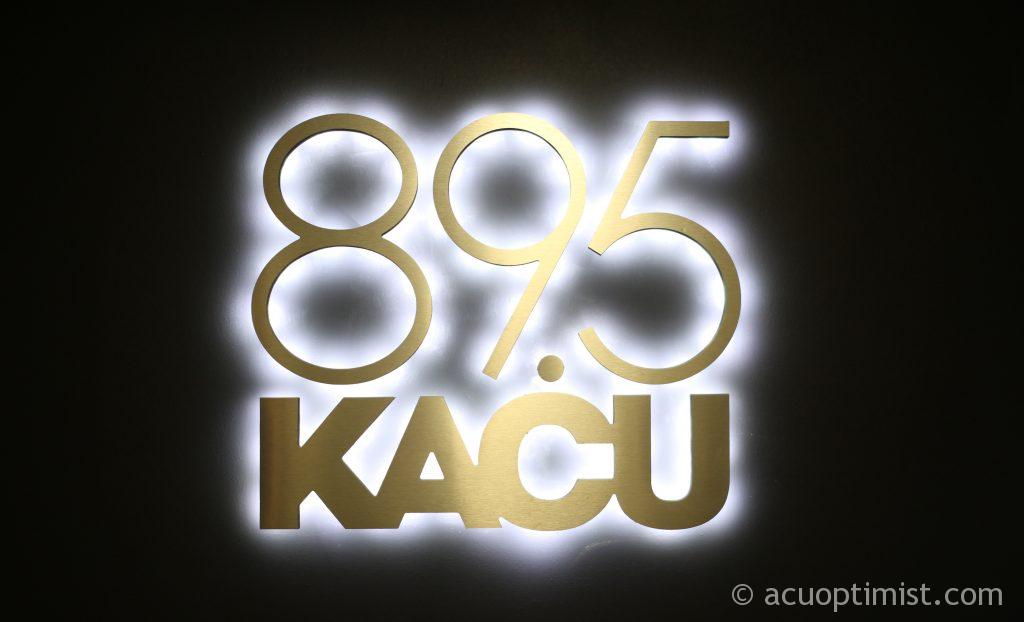KACU has seen negative repercussions from the coronavirus outbreak, including the postponement of one of their largest fundraising campaigns during the school year.
The student media outlets on campus have felt the pressures that the coronavirus pandemic has brought to ACU. The Optimist has a smaller staff, and ACUTV has no sports to cover during the spring semester with the cancellation of basketball earlier this semester. KACU 89.5 has had the more drastic change of the three by having to postpone their spring fundraising campaign.
Zane Goggans, Director of Operations at KACU, said that the spring and fall pledge drives bring in most of the funding for the local NPR station. He said that the goal of spring pledge drive is to bring in roughly $35,000 which goes directly to paying their student hosts and buying the shows aired daily.
He said the most popular shows aired, Morning Edition and All Things Considered, cost roughly a combined $43,000.
“It is critical for us,” Goggans said. “We pay NPR for programming to air, so missing out on $35,000 would be a big deal for us. Right now, we don’t know exactly yet how we’ll make that up.”
Goggans said the “typical” show, a show that runs once a week, costs about $1,600 to $3,000. He said that the programming budget for KACU is roughly $90,000, making the loss of the pledge drive that much more crucial.
Nathan Gibbs, General Manager, said that even though the station was unable to do the spring fundraising campaign, they received roughly $6,000 in donations from listeners.
Goggans said that the station may get help from the Corporation for Public Broadcasting, CPB, which funds all NPR stations, but it is still uncertain. Gibbs said that internal funding is possible from ACU’s finance office.
“ACU has a fund setup that is for something unexpected, such as Covid-19,” Gibbs said. “We should also receive some funding through the university because of the CARE Act.”
Goggans said that it is possible to have two pledge drives this year to make up for the lost funds but would prefer not to go that direction.
“I don’t think listeners want to have two weeks of fundraising,” Goggans said. “If anything, they want to listen to the programming they pay for. We have opted to forgo a spring fundraising campaign in favor of keeping as much critical programming on the air as possible.”
In the meantime, Gibbs said that the station is sending out weekly email newsletters to their listeners, on top of the aired programming.
Goggans said that even though the potential loss of the spring pledge drive is important, the focus of the station remains the safety and health of the employees. He said the most immediate way the pandemic has affected the station is the lack of student workers.
He said that they have only had two student workers since online classes began but have since gained a third. The decision to go with reduced staff was a “no-brainer” in his eyes.
“Our immediate reaction wasn’t ‘oh no, are we going to make it?’,” Goggans said.” We have to make sure everyone is safe, and we aren’t here as much as possible but producing better content.”
Although the pandemic has affected the news outlet greatly and the future is uncertain regarding finances, Goggans and Gibbs are optimistic about receiving financial help from the Department of Journalism and Mass Communication and the CPB.
“Without KACU, some people wouldn’t have news at all,” Goggans said. “We have to make sure we stay on the air and be a consistent, quality news source for the community.”


